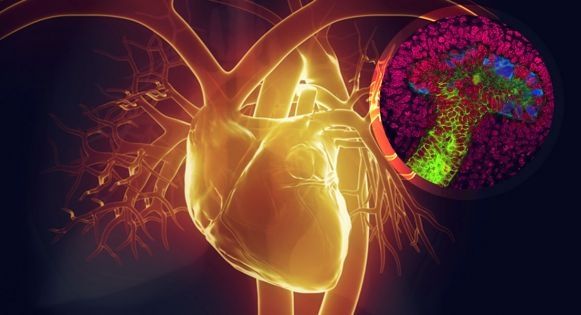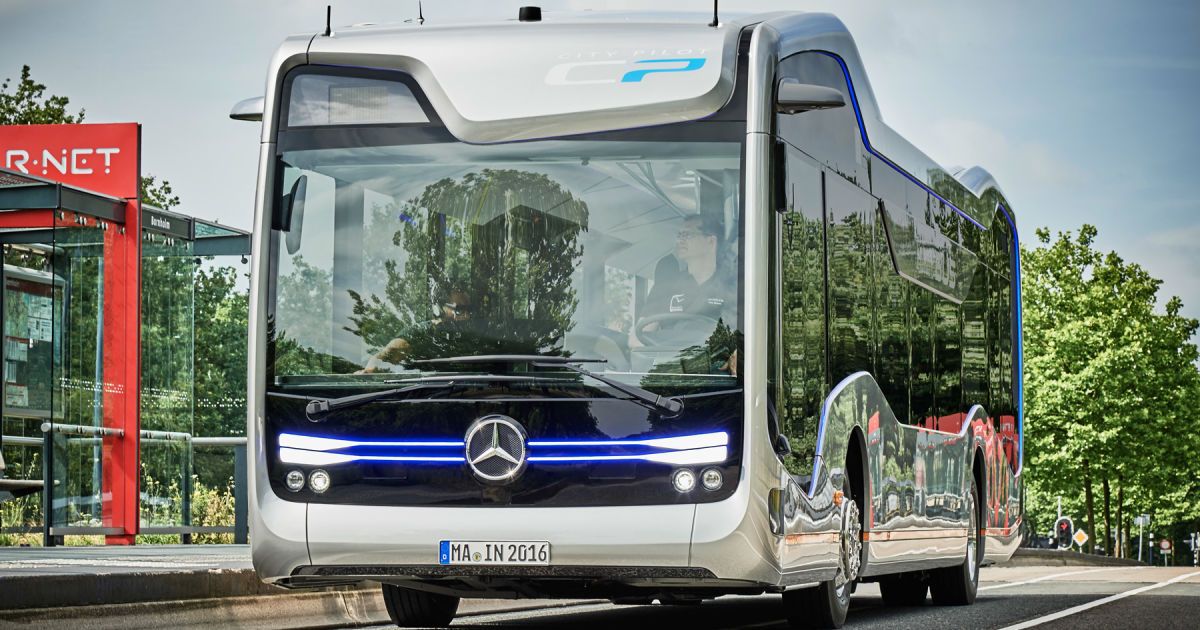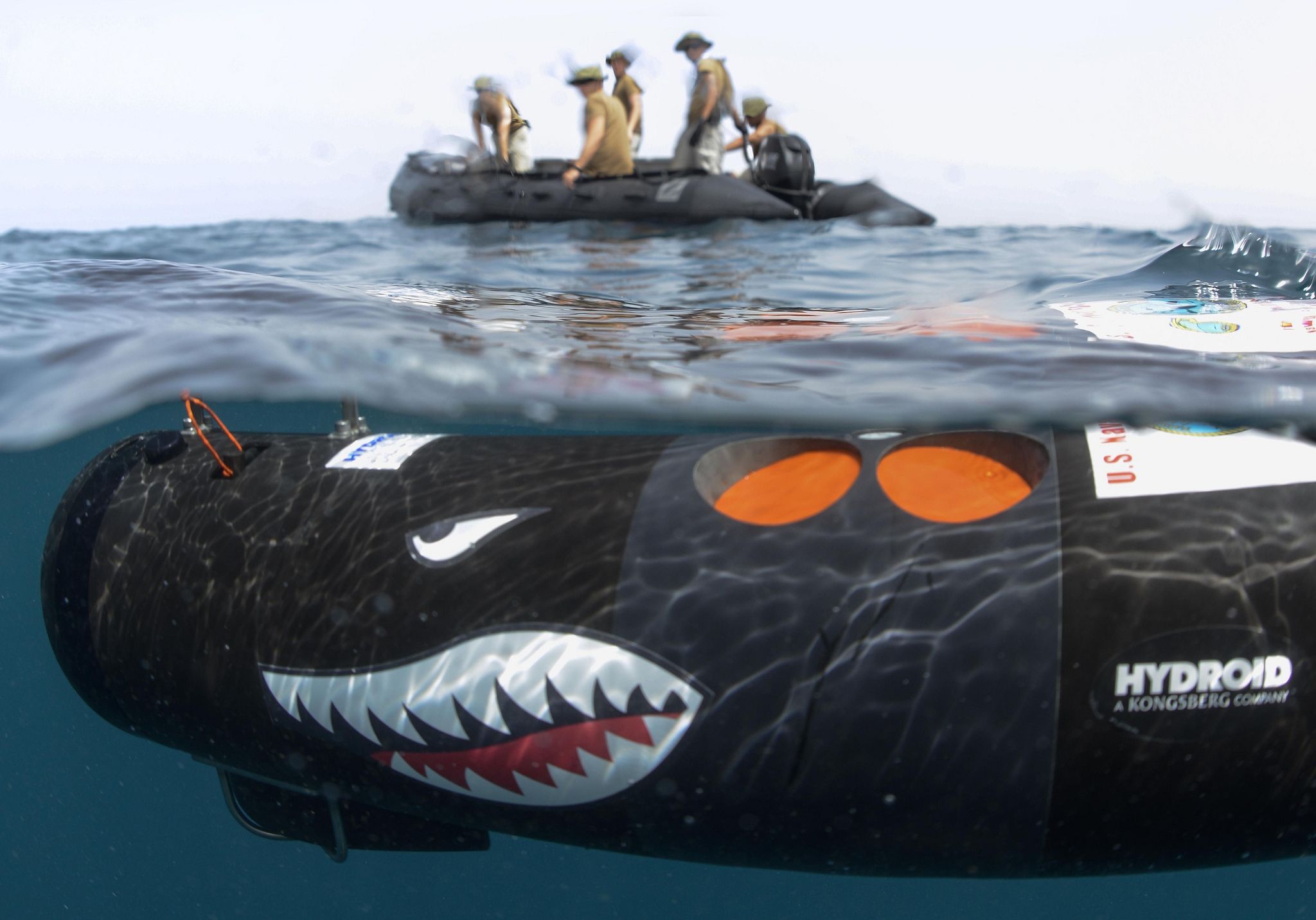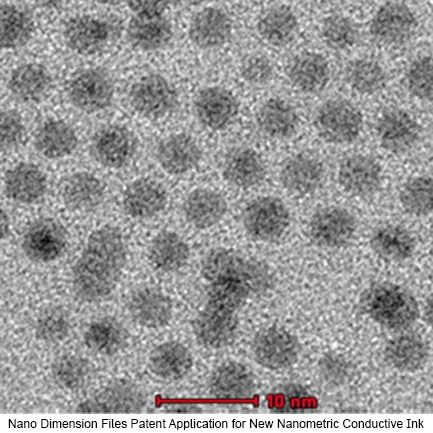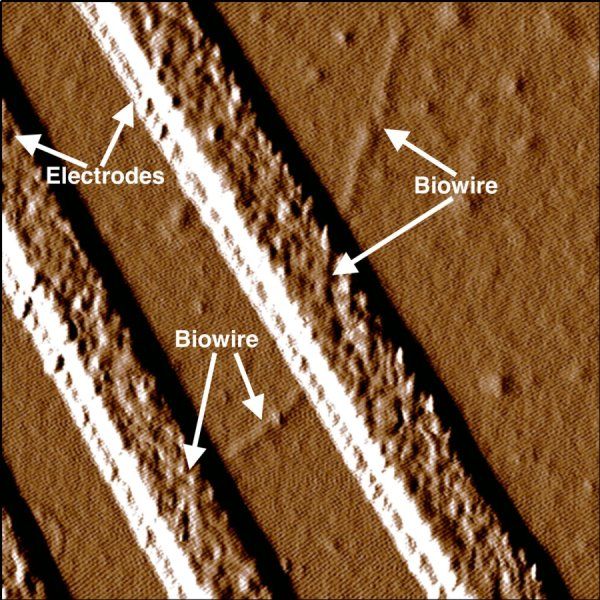Jul 18, 2016
Stanford Researchers ‘Trick’ Human Stem Cells To Regenerate Faster
Posted by Shailesh Prasad in categories: biotech/medical, life extension
Researchers at the Stanford University School of Medicine found a way to trick human embryonic stem cells to become pure populations of any of 12 cell types, including bone, heart muscle and cartilage within days.
Scientists at the Stanford University School of Medicine have identified the sets of biological and chemical signals necessary to quickly and efficiently direct human embryonic stem cells. If successful, researchers could grow pure populations of any of 12 cell types, including bone, heart muscle and cartilage within days rather than the weeks or months previously required.
This is key toward clinically useful regenerative medicine – potentially allowing researchers to generate new beating heart cells to repair damage after a heart attack or to create cartilage or bone to reinvigorate creaky joints or heal from trauma.
Continue reading “Stanford Researchers ‘Trick’ Human Stem Cells To Regenerate Faster” »
